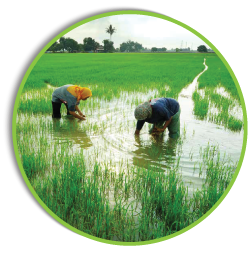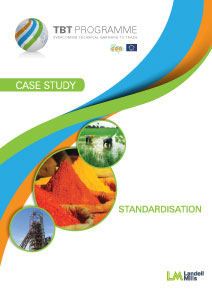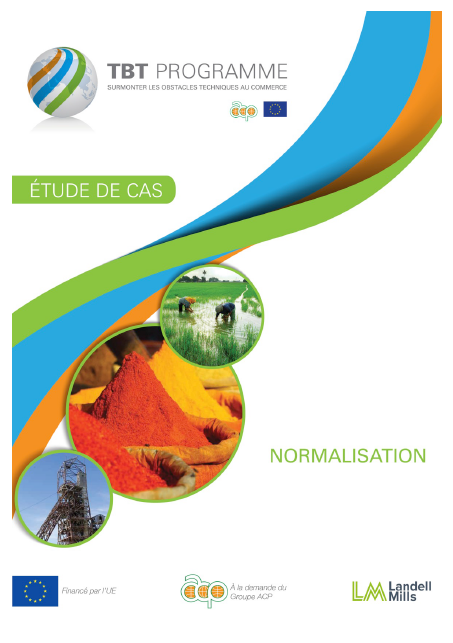Standardisation
|
Image

Standards play an increasingly important role in international trade, and may have important implications for ACP imports and exports. The requirement in the TBT Agreement that international standards be used as a basis for a WTO Member’s technical regulations (when effective and appropriate) means that market access for ACP products is at a minimum, dependent on meeting international norms. Thus, international standards, when transposed into national law, may become barriers to ACP exports. This is particularly true when an ACP producer lacks the capacity to meet foreign technical regulations or standards. |
Image

|
|
From another perspective, when an ACP Member uses international standards as a basis for its technical regulations or standards, it may be helping to protect its own consumers, environment, and human, animal and plant life or health. Meeting and applying international standards also serves to enhance the credibility and marketability of ACP products. In addition, when an ACP product meets the standards of an importing country, it may be able to command a higher price. |
|
|
|
|
|
CASE STUDY
|
||


